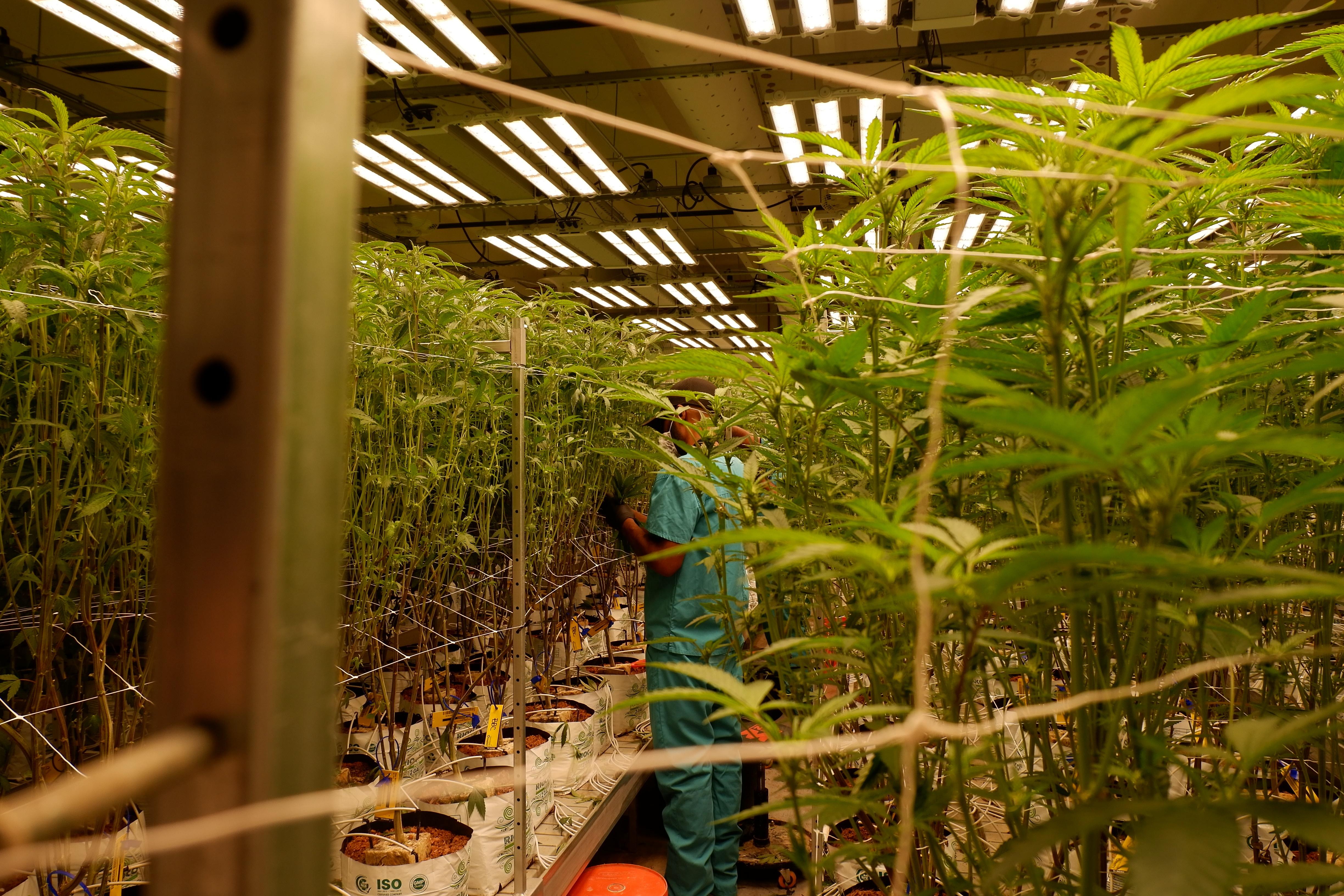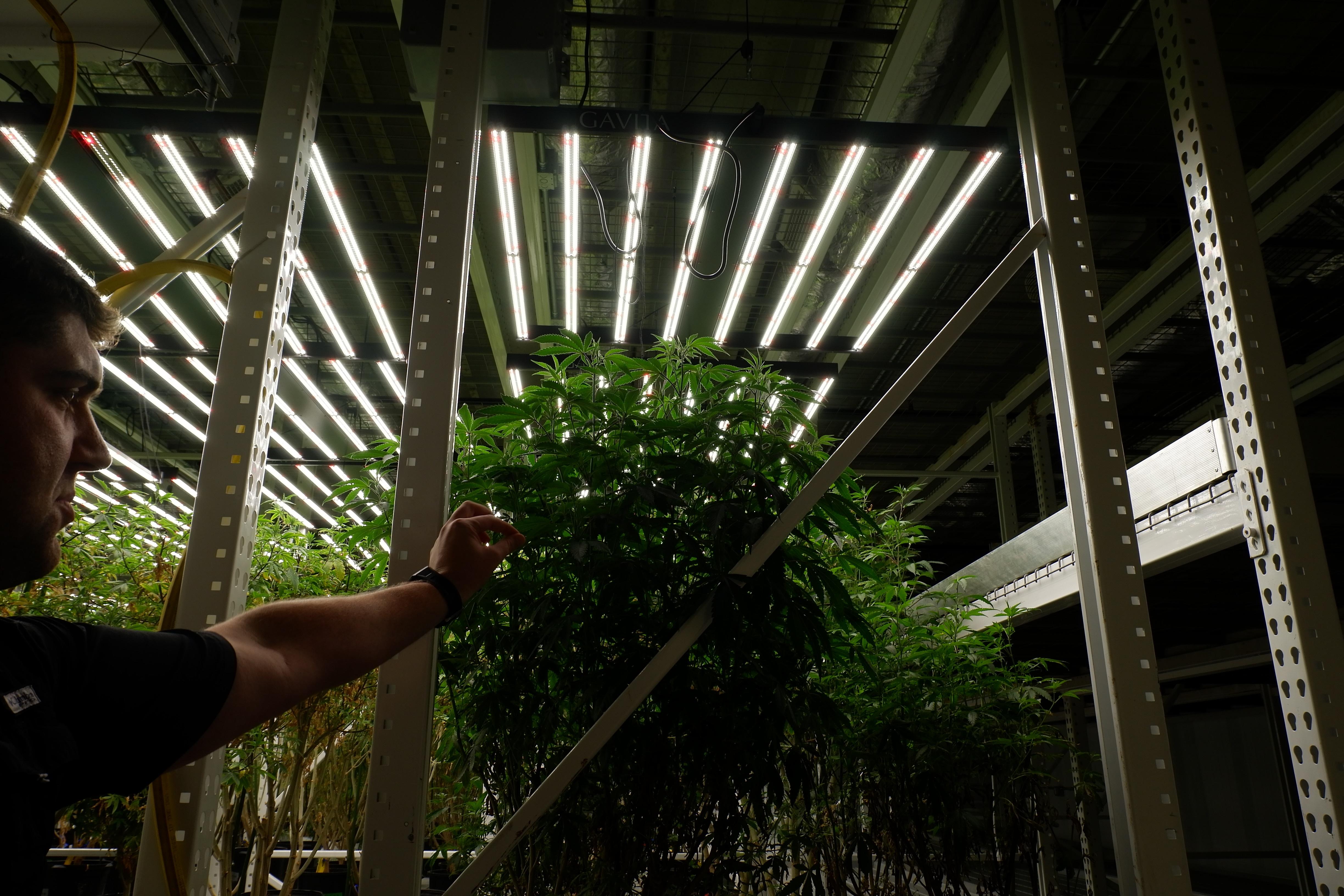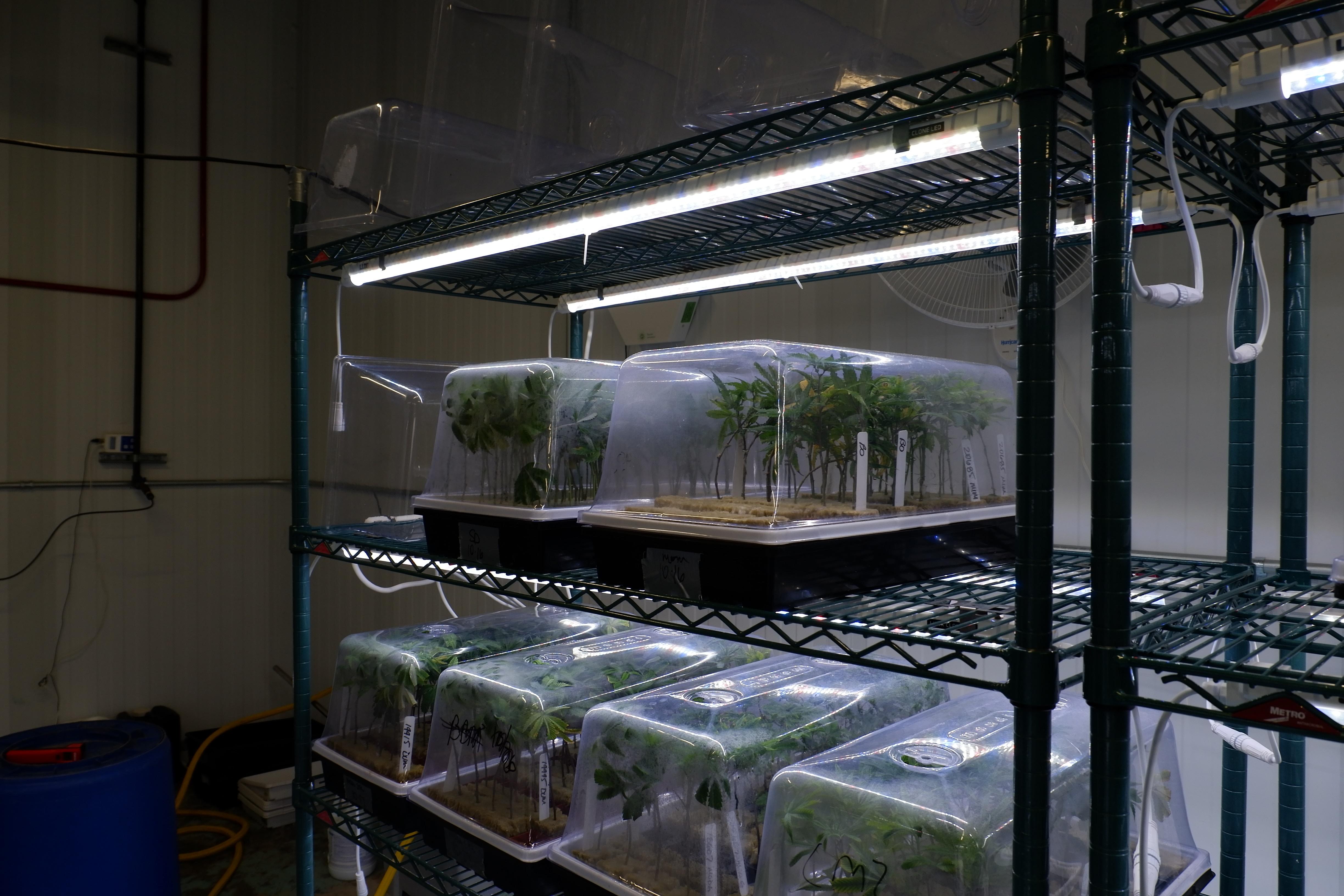In 2020, Mississippians voted overwhelmingly in favor of a ballot initiative that would allow medical marijuana use by residents with at least one of more than 20 qualifying medical conditions.
That vote made Mississippi the 38th state nationally to carry some form of medical cannabis law on its books, but subsequent lawsuits and a decision by the state Supreme Court which ruled that the initiative should be invalidated delayed the process of implementing the ballot measure for more than a year.
A bill passed during the 2022 legislative session revived the program and placed it under the purview of the Mississippi Department of Health, which says the number of patients enrolled has risen from roughly 2,000 when sales began in late January to more than 21,000 by late October 2023.
“It obviously feels like it’s been a lot longer than 10 months,” said William Chism, CEO of River Remedy, a cannabis dispensary and cultivation company. “There's a saying in cannabis that this industry sort of operates in dog years.There's a lot of reasons why it evolves very quickly: lots of regulatory changes, it is a new market with a new customer base with a completely different set of regulations, and each state is its own beast in terms of what's allowed, what's not allowed and how the market operates.”
Located about 15 minutes south of Jackson in Byram, River Remedy is the first of its kind in Mississippi’s still-growing medical cannabis industry: it’s both the first dispensary to open in Hinds County and the first cultivation to ship product for wholesale in the state.
It’s also representative of a novel approach within the industry. River Remedy combines cultivation, wholesale distribution, research and development, and retail under one roof.
Customers, whether at home or in the waiting room of the Mississippi dispensaries supplied by River Remedy, can tune into a live Twitch feed of the facility’s many operations.
“We wanted to be as transparent as we could because so much of the uphill battle in cannabis is about education. On harvest days, for example, where they're actually taking down a room and drying out the plants. But we'll move this camera around to different parts of operation, whether that be gummy production or cartridge production or trimming, just to give people a sense for what's actually happening behind the scenes,” said Chism.






